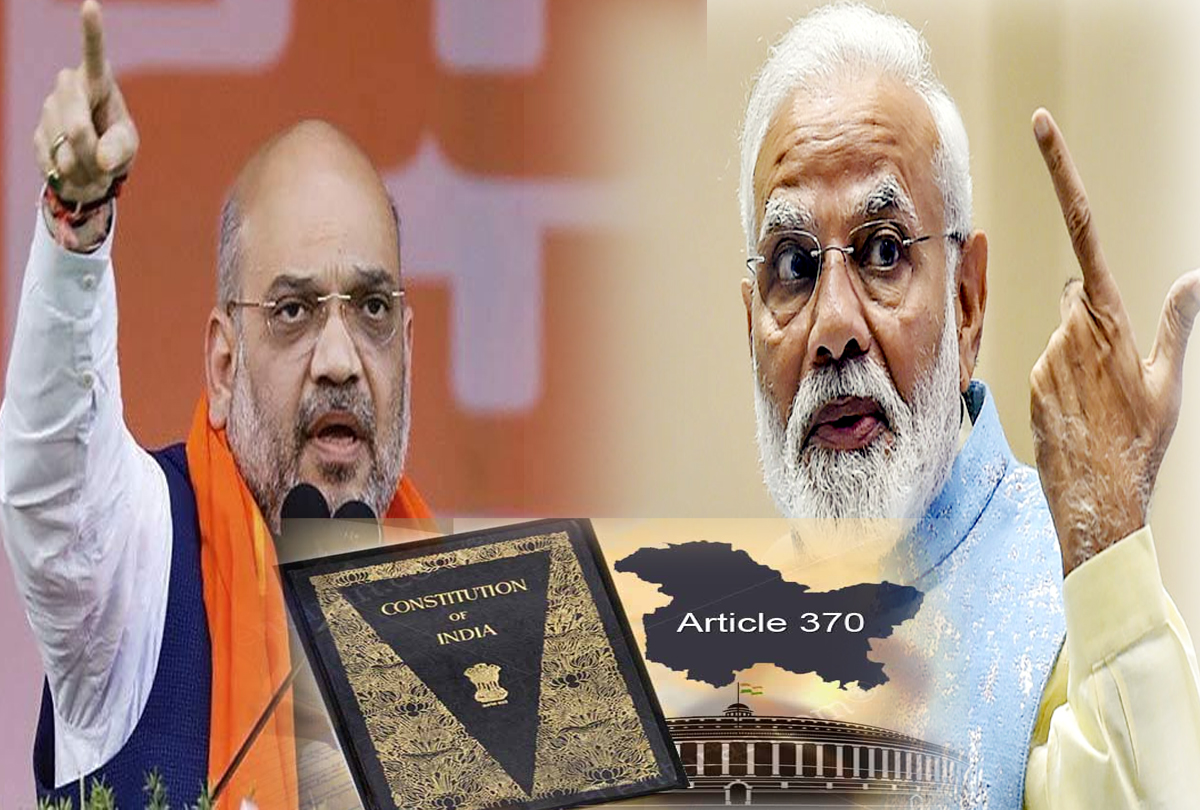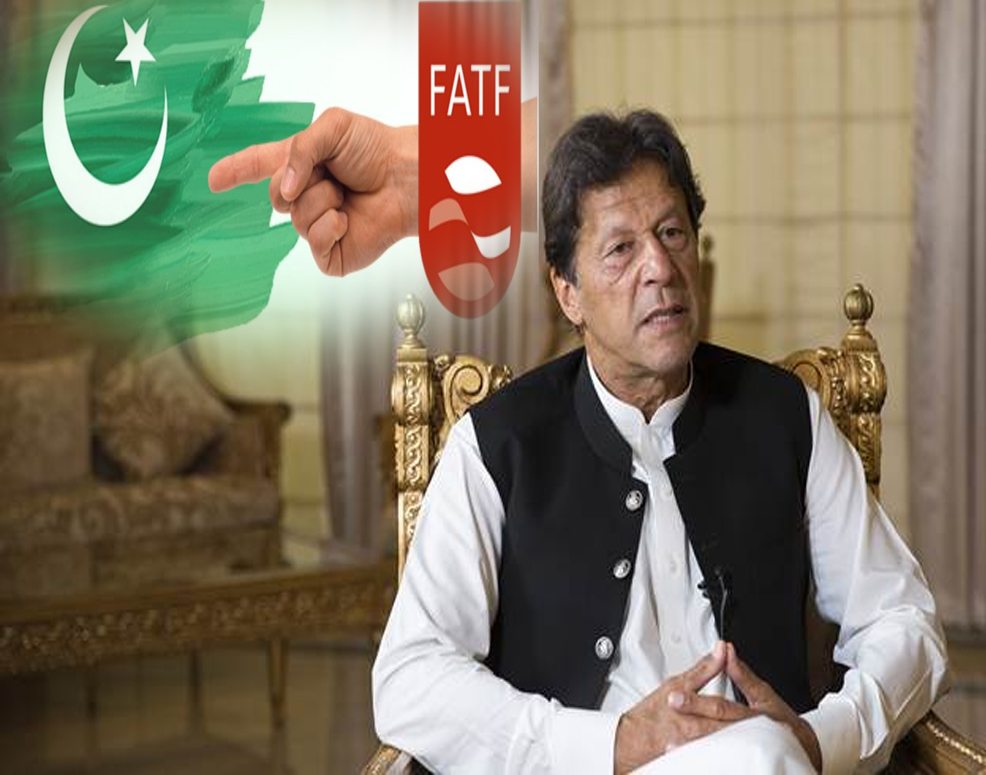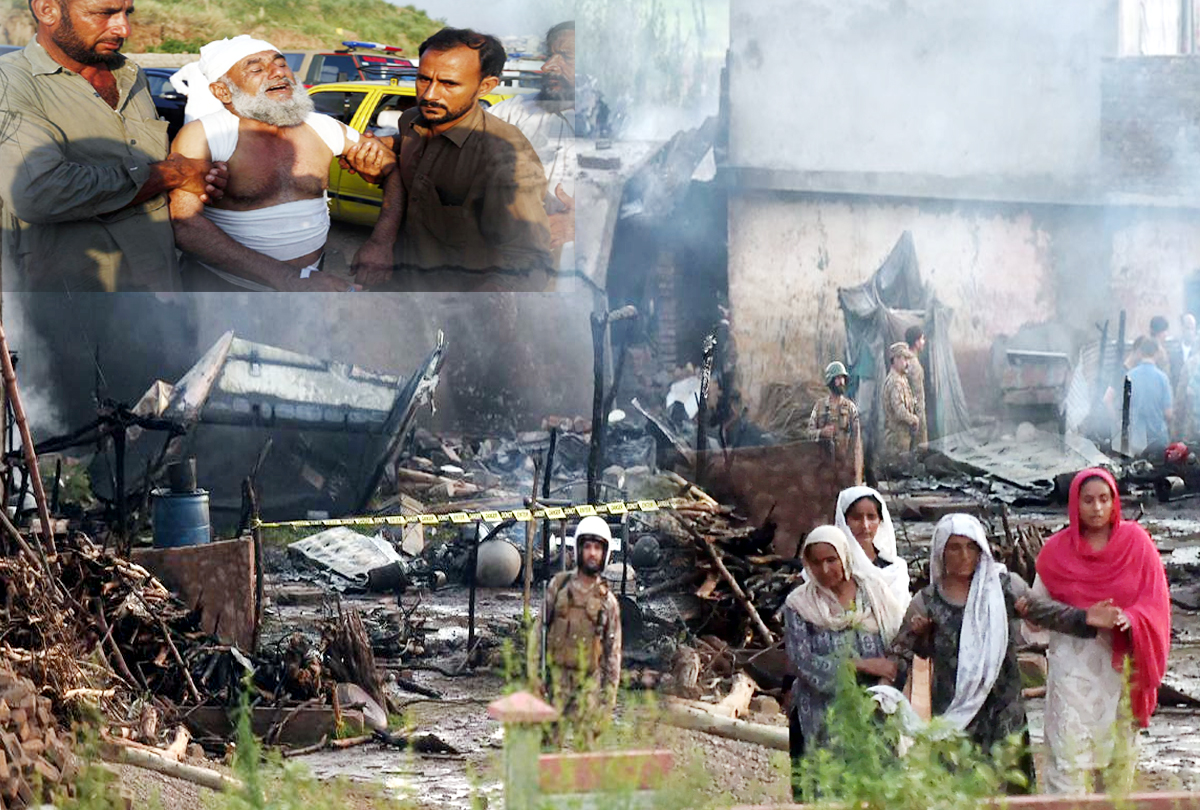How Modi govt used Article 370 to kill Article 370 ?

[Edited By: Gaurav]
Monday, 5th August , 2019 02:14 pmThe Union Home Minister Amit Shah, presented a resolution in Rajya Sabha so that Article 370 does not work in Jammu and Kashmir. Interestingly, Amit Shah, in his statement made in Rajya Sabha, invoked the same article 370 so that it does not work.
Section 3 of Article 370 empowers the President to declare the special status granted to Jammu and Kashmir under the inoperative Article at any time. A Presidential Order was issued using this provision to implement what the Bharatiya Janata Party had promised in the election of Lok Sabha held in April-May, and that it had been the long-standing demand of the party.

Article 370 (3) says: "Notwithstanding the provisions of the preceding provisions of this article, the President may, by public notification, declare that this article will cease to be operational or will be operational only with exceptions and modifications and from the date he can specify "
Article 370 gives Jammu and Kashmir special status in many respects, giving the central government authority only on external matters, defense and communication. Article 370 refers to "temporary provisions regarding the State of Jammu and Kashmir" and limits "the power of Parliament to make laws for" the state to a specific list of issues.
Amit Shah also presented a resolution for the reorganization of Jammu and Kashmir. Ladakh will be a separate Union Territory without a legislature, while Jammu and Kashmir will be a Union Territory with a legislature.
This Narendra Modi government movement was a surprise. It was speculated that the government would rule out Article 370, but many rejected the idea by saying that the Supreme Court is occupied with multiple cases related to Article 370 and Article 35A.
Instead of discarding Article 370, the government used the power that the same Article granted the President to make the provision ineffective.
The scrap of Article 370, otherwise, would require a constitutional amendment under Article 368. But by invoking Article 370 (3), the government has deftly omitted the route of amendment.
The presentation of a resolution for the adoption of the Presidential Order led to a large pandemonium in Rajya Sabha. Opposition leaders, including Ghulam Nabi Azad, opposed the measure alleging that the government has "killed" the Constitution.
In defense of the measure, Amit Shah said that Narendra Modi's government has followed what Pandit Jawaharlal Nehru did in 1952 and 1962. Pandit Nehru and then Jammu and Kashmir Prime Minister Sheikh Abdullah agreed to the Delhi Agreement in 1952 granting special privileges to people. of Kashmir on matters of property ownership over the principles of inheritance. A presidential order was also implemented in 1962.
This measure by the Modi government, as long as it obtains the approval of both houses of Parliament, would mean that the Constitution of India has full applicability in Jammu and Kashmir.The separate constitution of Jammu and Kashmir will cease to be operational.
The separate Ranbir Criminal Code will give way to the Criminal Code of India.Article 35A, which distinguishes between permanent residents of Jammu and Kashmir and outsiders, will also cease to have effect.
The reserve laws will apply in jobs and education in Jammu and Kashmir like the rest of the Indian states. Strangers will be eligible for admission to universities financed by the government of Jammu and Kashmir and work in state government offices.
It would be possible to buy land and own property from people considered alien until now. This was considered an important reason to prevent companies from establishing large units in Jammu and Kashmir. The government has argued that the removal of the restriction of ownership by outsiders will pave the way for prosperity in Jammu and Kashmir.
Latest News
-
2-Doxy-D is a game-changer drug - discovered by sc
-
UP Covid News: Recovery rate rises 86 percent in U
-
Big B orders 50 oxygen concentrators from Poland,
-
Today is Akshay tritiya-PM Modi and Akhilesh yadav
-
Kanpur health department doing preparations to fig
-
UP Govt. must be held accountable for "failing" it
-
16 doctors in Unnao UP resign yesterday but retrac
-
Vaccine is safety cycle against corona pandemic-CM
-
Life of every person is priceless,rescue is the be
-
Kanpur Municipal Corporation will make dust free K
-
Corona vaccination: UP government withdraws the de
-
UP Government should follow the orders of Highcour
-
Uttar Pradesh-IG roaming in the city without the u
-
PM, take off those pink goggles, by which nothing
-
Rahul Gandhi's counterattack on BJP Government’s s
-
Happy international nurse day-PM Modi, Rahul Gandh
-
Online food delivery and liquor shops can open the
-
Egoistic BJP should work in public interest instea
-
High court directed UP Government to make a Covid
-
Isolation rooms to be built in industrial units, a
-
WHO has appreciated the effort of the Yogi Adityan
-
Brother is forced to carry his corona afflicted br
-
Lucknow- Free auto service for covid patients
-
Lucknow-Defense Minister and CM Yogi inaugurated
-
Wine shops opened in kanpur
-
Kanpur: oxygen demand 50 percent decrease as infec
-
Kanpur Crime Branch Police arrested 2 accused of i
-
Kanpur police's initiative to prevent corona infec
-
CM Yogi inspected the community health center in c
-
Corona's third wave: IIT professor claims not to c
World News
-
American president Appoints Two More Indian To Key
-
Arora Akanksha an Indian running for United Nation
-
Brazil thankes india with hanuman after receiving
-
Toronto protest against Indian citizenship law as
-
One-Of-A-Kind Wedding: After Groom's Father Gets A
-
Kim's Horse Ride On Sacred Mountain Hints At "Grea
-
Chinese President’s India visit on track, confirms
-
'Howdy Modi' event 'win-win' situation for Modi an
-
Malala urges U.N. to help Kashmiri children go bac
-
Rocket blast at U.S. Embassy in Kabul on 9/11 anni
-
PM Modi launches $4.2 mn redevelopment project of
-
Pakistan Blacklisted by FATF's: After Failing to A
-
Amazon Rainforest burning: Brazil President tells
-
10 shoking pics of Amazon Rainforest Burning
-
200 pakistan twitter accounts suspended on kashmir
-
Trump dials Imran Khan, asks to ‘moderate rhetoric
-
No policy change on Kashmir, says U.S.
-
Hamza, the son of Osama bin Laden, is dead
-
Ethiopians planted more than 200 million trees in
-
Pakistani military aircraft crash: All 5 crew memb























